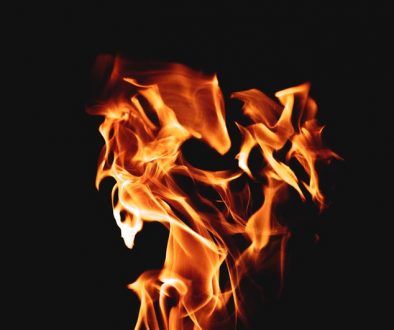Loss and bereavement

Healing requires us to grieve
Being able to move beyond our loss depends on the tools we have to contain it.
Healing requires us to grieve. The need to grieve not only applies to someone who has passed away. It applies equally to a loved (or not loved) person who is alive but no longer there. Grieving is a natural process that usually requires no interference or professional help. (1)
Resolving feelings and gaining closure
Despite the passing of time, some people find themselves unable to move on. They remain stuck in powerful and conflicting feelings from a relationship in which something has not been resolved.
The lost person cannot help us to heal, while without their gaze, or their acknowledgment, we feel that we can’t achieve closure on our own.
The link between loss and depression
So what have we been doing with these difficult feelings? Problems occur when our loss fuels an endless cycle of intrusive thoughts and emotional pain. When this happens, it is likely that depression, and not grieving, has taken root. Depression prevents us from grieving, either for the lost other or for ourselves.
How psychoanalytic psychotherapy can help
Psychoanalytic psychotherapy can help to resolve and relieve disturbing feelings that your loss may have triggered. The therapeutic process facilitates your ability to grieve, supporting you to heal from the pain and disorientation of loss.
You will be helped to grieve for the lost other, for the investment and time you spent. Or for that vulnerable part of you that is linked in some way to the person who is no longer there.
(1) Freud, S., 1917. Mourning and Melancholia. In The Standard Edition of the Complete Psychological Works, Vol XIV. Strachey, James ed. 2001. Vintage pp 243 – 258

